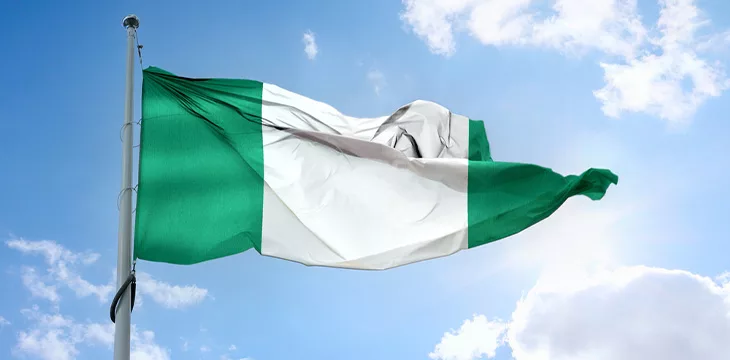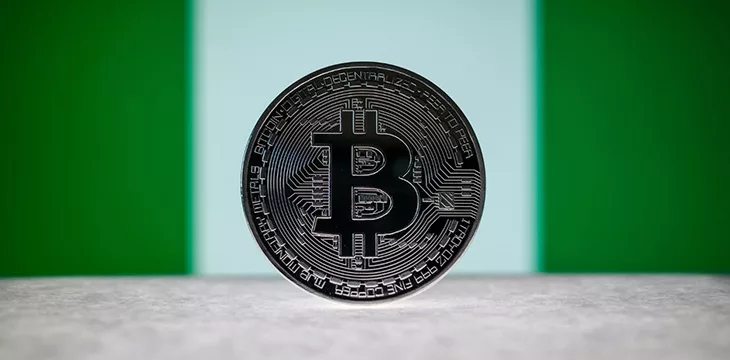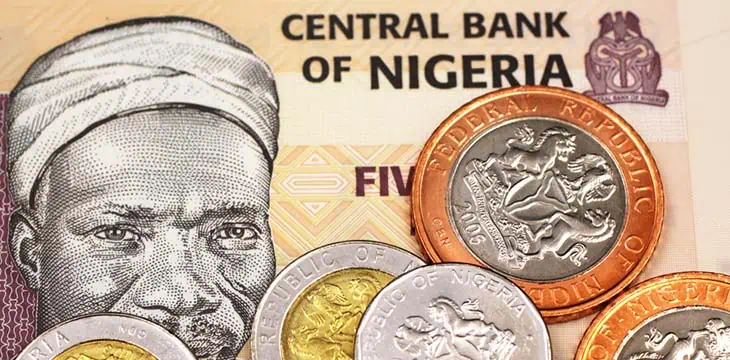
Central Bank of Nigeria
Stablecoins, enterprise adoption, regulations: Blockchain trends in Nigeria in 2024
Nigeria’s blockchain adoption will continue this year, with enterprise solutions taking center stage as blockchain goes beyond hype into the...
Central Bank of Nigeria reverses ban on digital currency transactions
With the evolving trends globally, Nigeria has decided to loosen its grip on the digital asset class under its latest...
eNaira doesn’t threaten financial stability: Nigeria’s central bank
The Central Bank of Nigeria says that a paper it published two weeks ago has been misrepresented by news outlets...
Nigeria’s central bank upgrades eNaira with NFC, programmability features
Joseph Angaye, deputy director of the Central Bank of Nigeria’s risk management department, disclosed that the CBN will continue to...
Nigeria ends 3-year ban on naira payments for remittances
Nigeria has now lifted a ban that it placed in 2020 allowing remittance payments only in the USD—experts say the...
Central Bank of Nigeria greenlights use of CBDC for international remittances
International money transfer operators are expected to apply for a one-time license to pay out funds in the eNaira, with...

 07-06-2025
07-06-2025 
